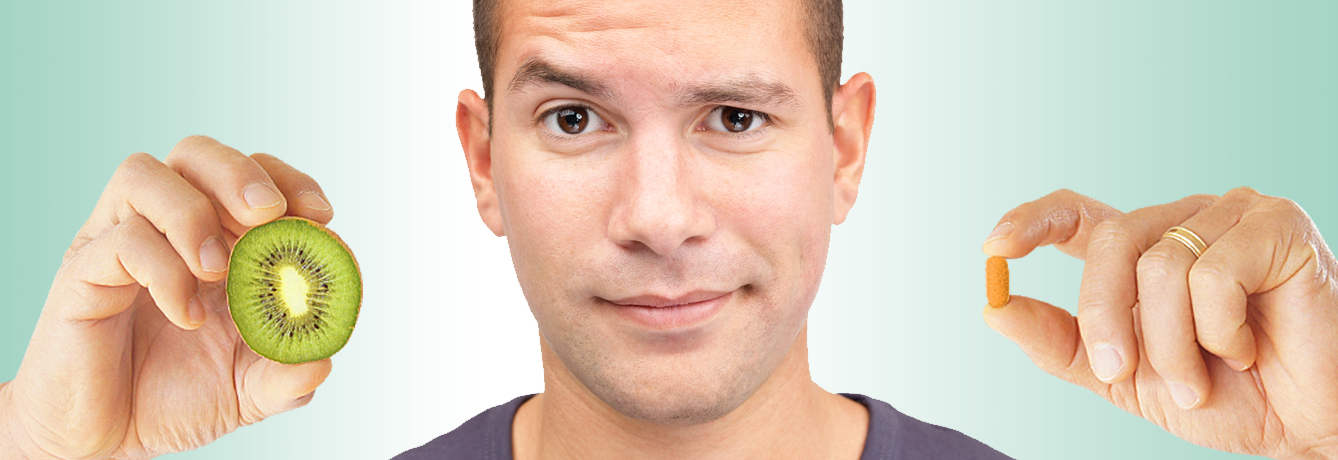Kidney stones are a painful rite of passage — literally — for all too many men, and some women. Compact accumulations of dietary minerals, some kidney stones can pass without much discomfort, while others can require pain medication, shock wave therapy or even surgery. Ouch!
Dietary risk factors include too much meat, sodium and refined sugars — things you already know aren’t good for you. But ironically, many Americans take supplements — including vitamin C — in the hopes of health benefits, while mounting research points to adverse health outcomes, in this case, increased risk of kidney stones.
A study published earlier this year in the prestigious Journal of the American Medical Association analyzed diet and lifestyle data for nearly 50,000 middle-aged men. Zeroing in on supplement intake — including vitamin C — researchers found a 90% increase for kidney stone incidence, adjusted for other factors, during the 11-year follow-up period. Moreover, risk appeared to be dose dependent — in other words, the more supplements men took, the greater the risk: daily pill poppers’ risk was 123% higher, vs. a 66% increased risk for those who took supplements only a few days a week.
These results echo previous evidence of supplemental dangers: Increased risk of prostate cancer for multivitamin users, beta-carotene pills and cancer risk, as well as a concerning correlation between folate fortification and colon cancer. Fortunately, getting more than enough vitamin C from whole foods is easy — and delicious. Consult the chart below for top sources:
| Food | Amount | Percentage of Vitamin C |
| Guava | 1 cup | 630% |
| Red Bell Pepper | 1 cup | 320% |
| Kiwis | 1 cup | 280% |
| Broccoli (cooked) | 1 cup | 170% |
| Brussels Sprouts (cooked) | 1 cup | 160% |
| Oranges | 1 cup | 160% |
| Papaya | 1 cup | 140% |
| Pineapple | 1 cup | 130% |
Since red bell peppers perform “best-in-C” class (not to mention their Christmas-y red hue) you might want to try our featured recipe, Seven Layer Vegetable and Quinoa Salad.
Published December 1, 2013



